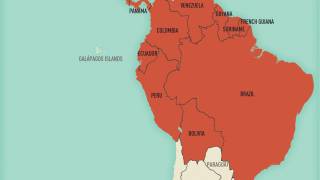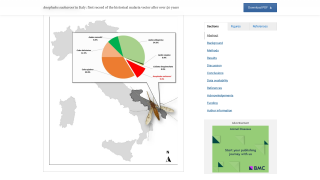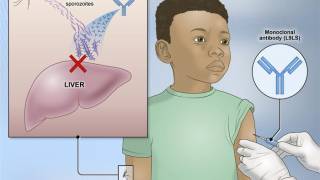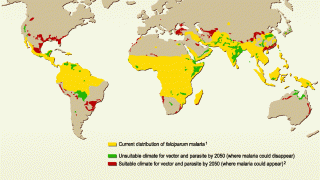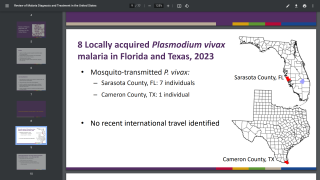Ethiopia's Malaria Outbreak Reports 1,157 Related Fatalities

Throughout 2024, a malaria outbreak has intensified in the Federal Democratic Republic of Ethiopia, recently exceeding 7.3 million cases and 1,157 related fatalities (CFR 0.02%).
By contrast, 4.1 million malaria cases, including 527 fatalities, were reported last year.
Approximately 75% of Ethiopia's land mass is considered by the World Health Organization (WHO) endemic to malaria.
Historical data reveal significant malaria outbreaks in Ethiopia, such as the devastating 1958 epidemic, which affected approximately three million individuals, with 150,000 fatalities reported, covering a substantial portion of the highland area.
While located near Africa's malaria belt, Ethiopia is usually not listed as a leading outbreak zone by the WHO. In the African Region, the heaviest malaria burden is often reported in Burkina Faso, Cameroon, the Democratic Republic of the Congo, Ghana, Mali, Mozambique, Niger, Nigeria, Sudan, Uganda, and Tanzania.
As of October 31, 2024, the WHO wrote the national risk level for malaria in Ethiopia is high due to multiple factors, and the regional risk is moderate due to concurrent malaria and other vector-borne disease outbreaks in six neighboring countries: Djibouti, Eritrea, Kenya, Somalia, South Sudan, Sudan.
Based on the information available for this event, WHO does not recommend any general travel or trade restrictions for Ethiopia, reporting an upswing in international arrivals in 2024..
As of November 1, 2024, the U.S. CDC has not issued a Travel Health Advisory regarding Eithopia's malaria outbreak.
However, the CDC recommends that travelers going to some regions of Ethiopia take prescription medicine to prevent malaria.
While malaria and dengue vaccines are unavailable in the U.S., the CDC suggests prospective Ethiopian visitors speak with a travel vaccine expert at least one month before traveling abroad about polio and measles vaccination options.
Our Trust Standards: Medical Advisory Committee










